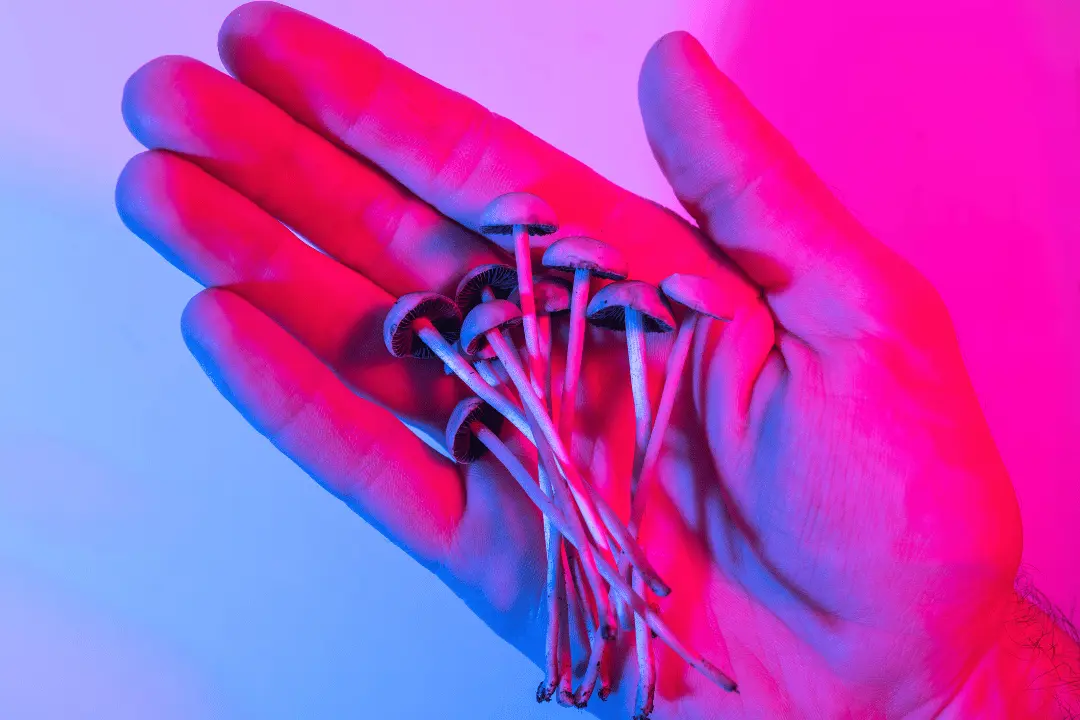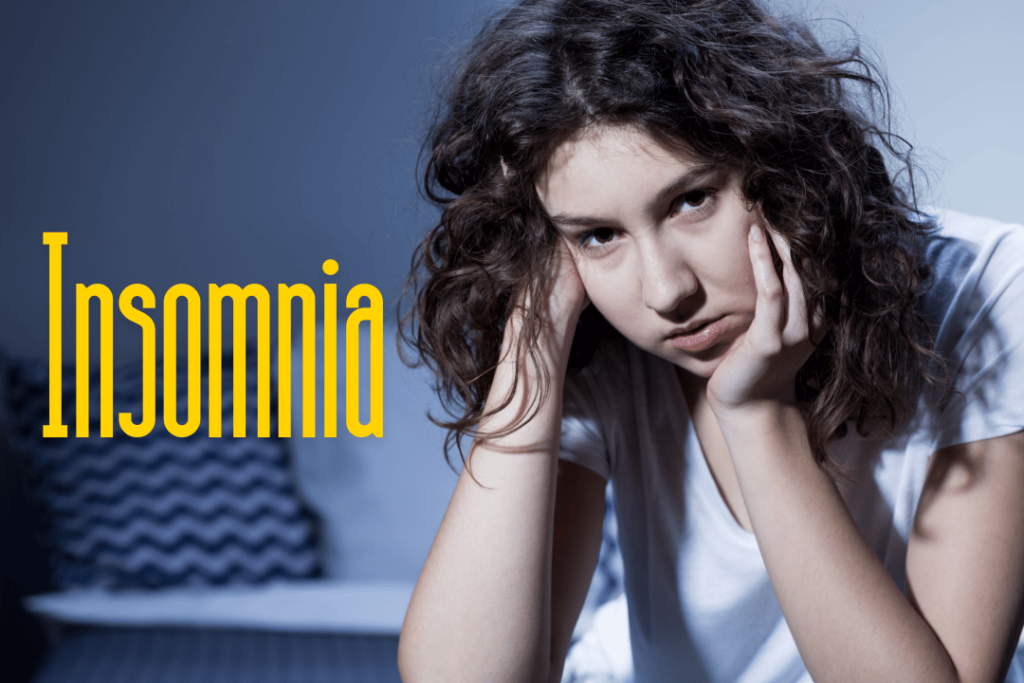The investigation of complementary and alternative therapies for mental health issues, especially depression, has garnered attention in recent years. One area that has caught the attention of both researchers and the public is the use of psychedelic substances, including psilocybin, a naturally occurring compound found in certain mushrooms. A groundbreaking study has just added new insights to this conversation, comparing psilocybin therapy to one of the most widely prescribed antidepressants, escitalopram, in treating moderate-to-severe major depressive disorder (MDD). The results of this research could have far-reaching implications for the future of mental health treatment.
Over the course of six months, the study looked at 59 people with moderate to severe depression and compared how well psilocybin therapy (PT) and escitalopram, a selective serotonin reuptake inhibitor (SSRI), worked. The study administered two high doses of psilocybin during therapy sessions, while both groups received daily escitalopram over several weeks, along with similar psychological support. The primary goal was to observe how each treatment impacted depressive symptoms in the long term, but the researchers also looked at other important areas like social functioning, connectedness, and meaning in life.
What makes this study stand out is its focus on comparing a psychedelic substance with a traditional antidepressant and how each approach affects the individual, not just in terms of reducing depressive symptoms but in broader aspects of mental health and well-being. While both treatments showed promising results, psilocybin therapy emerged as a strong contender, offering benefits beyond symptom reduction.
The 16-item Quick Inventory of Depressive Symptomatology-Self-Report (QIDS-SR-16) showed that after six months, in both groups of participants’ depression got better and stayed better. However, when researchers looked at other measures, such as social functioning, connectedness, and meaning in life, the psilocybin group showed significantly greater improvements compared to those on escitalopram.
As lead researcher David Erritzoe from Imperial College London put it, “What we’re seeing with psilocybin is not just a reduction in depressive symptoms but a deep and lasting shift in how people experience their lives. It’s not just about feeling less sad, but about reconnecting with the world and finding a renewed sense of purpose and meaning.” These broader mental health benefits are something that traditional antidepressants often struggle to provide, making pilocybin a particularly exciting area of research.
The Work and Social Adjustment Scale (WSAS) measured social functioning, which was one of the most compelling findings. Participants who received psilocybin therapy reported significantly greater improvements in their ability to manage everyday tasks, maintain relationships, and engage in social activities. This is especially important considering that many people with depression find it challenging to function in their daily lives, even if their mood improves. Being able to get back to work, interact with others, and feel connected to society are crucial components of mental health recovery.
The sense of connectedness was another key area in which pilocybin showed superior results. Participants who received the psychedelic therapy reported a stronger sense of connection to themselves, others, and the world around them. This is particularly relevant because depression is often characterized by feelings of isolation and disconnection. The research team noted that these findings align with other studies that suggest psychedelics can promote experiences of emotional catharsis, ego dissolution, and psychological insight, which can help individuals process their emotions in a healthy way.
In addition, the Meaning in Life Questionnaire (MLQ) showed that the psilocybin group had a lot more meaning in their life than the escitalopram group. This speaks to the potential of psilocybin therapy to help people not only overcome depression but also rediscover a sense of purpose. For many individuals, depression robs them of their sense of meaning and joy, leaving them feeling empty and hopeless. Psilocybin seems to offer a pathway back to a life that feels worth living.
However, it’s important to approach these findings with caution. As the researchers themselves point out, this was a preliminary study, and there were limitations. For instance, the design of the study did not include enough participants to detect subtle differences between the treatments, and there were data gaps, especially in the escitalopram group. Furthermore, some participants may have sought additional treatments after the study ended, which could have influenced the results.
Despite these limitations, the findings are encouraging and suggest that psilocybin therapy may offer a unique and valuable approach to treating depression, particularly for people who are not fully benefiting from traditional treatments. As Erritzoe explains, “We’ve known for some time that traditional antidepressants like SSRIs can help reduce depressive symptoms, but they often come with side effects and don’t always lead to functional recovery. Psilocybin, on the other hand, seems to open the door to a deeper level of healing, one that encompasses not just symptom reduction but also a fuller sense of well-being.”
Looking ahead, the research team hopes to conduct larger studies to confirm these results and explore the mechanisms behind psilocybin’s effects on the brain. They are particularly interested in understanding how neuroplasticity (the brain’s ability to reorganize and form new connections) might play a role in the long-term benefits seen with pilocybin therapy. If future research continues to support these findings, we could see a shift in how we approach mental health treatment, with psychedelic-assisted therapy becoming a mainstream option for patients with depression.
All procedures involving human participants received approval from the Brent Research Ethics Committee, the U.K. Medicines and Healthcare Products Regulatory Agency (MHRA), the Health Research Authority (HRA), and Imperial College London’s Joint Research Office (JRO) and General Data Protection Regulation (GDPR). Additionally, the study was reviewed by the risk assessment and trial management board at the site (NIHR, Imperial Clinical Research Facility). The study is registered with ClinicalTrials.gov under the number NCT03429075, with approval number 17HH3790.
For more information, visit: Erritzoe, D., Barba, T., Greenway, K. T., Murphy, R., Martell, J., Giribaldi, B., Timmermann, C., Murphy-Beiner, A., Jones, M. B., Nutt, D., Weiss, B., & Carhart-Harris, R. (2024). Effect of psilocybin versus escitalopram on depression symptom severity in patients with moderate-to-severe major depressive disorder: Observational 6-month follow-up of a phase 2, double-blind, randomized, controlled trial. eClinicalMedicine. https://doi.org/10.1016/j.eclinm.2024.102799.



